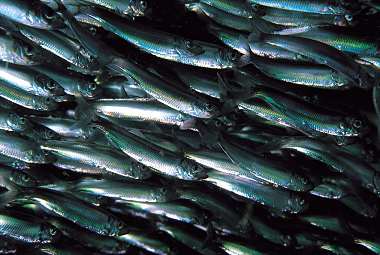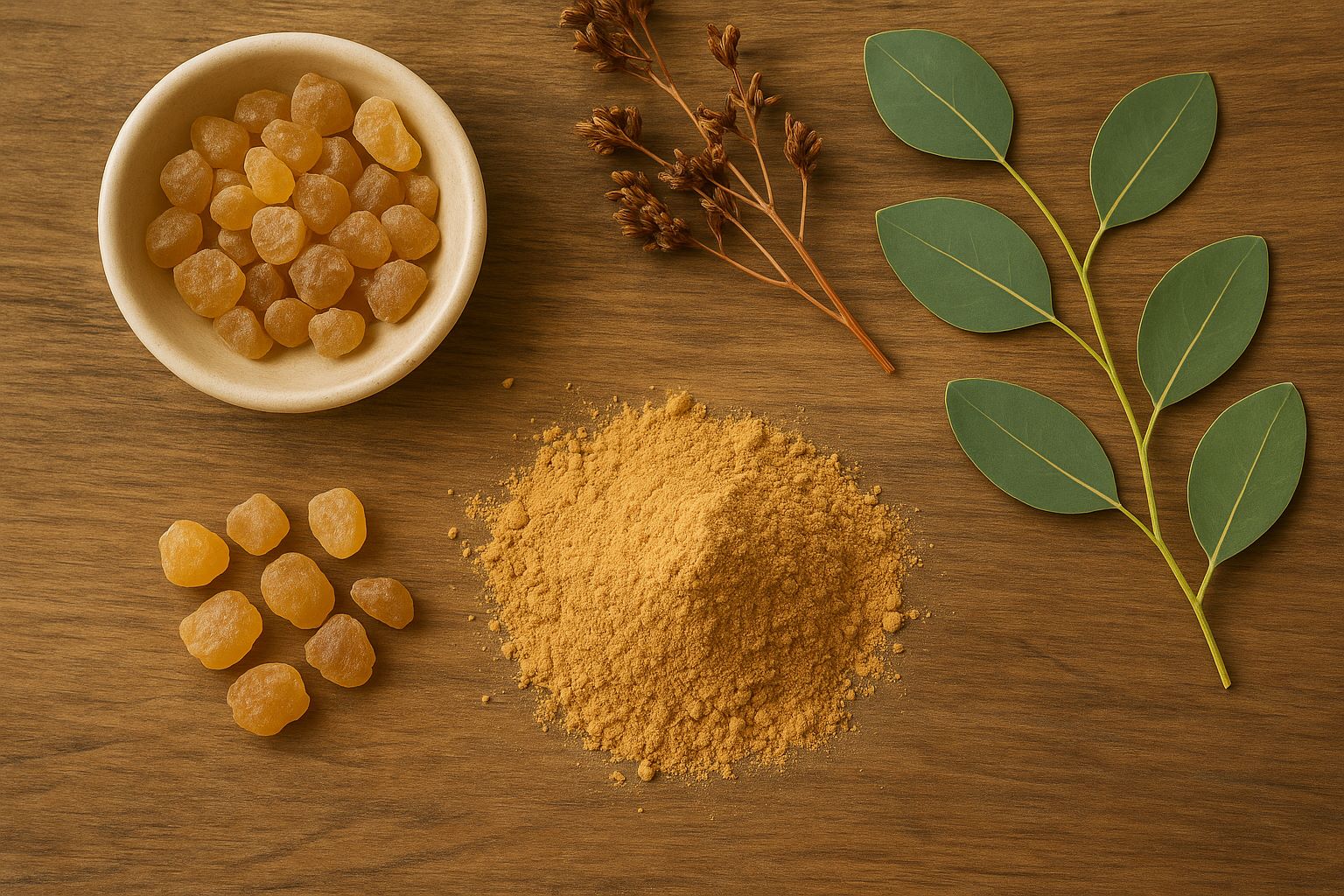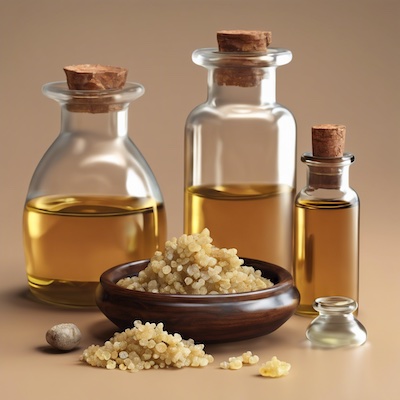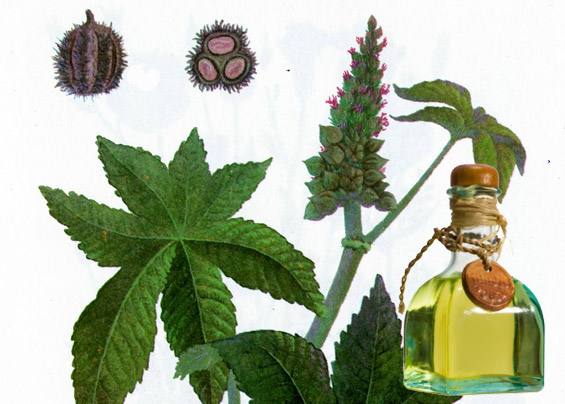While there’s no cure for RA, eating certain foods can help you manage its symptoms.
People with rheumatoid arthritis (RA), a chronic, painful, inflammatory disease that affects joints and connective tissue, are constantly seeking to ease its symptoms with food and dietary supplements. While researchers have turned up no magic elixir to cure RA, several studies seem to show a connection between certain foods and the inflammation that characterizes this autoimmune condition. Before embarking on a special diet or taking supplements, though, consult your doctor. Either approach can interact with traditional RA medications in unintended ways.
The best approach to food for people with RA – or anyone else – is a well-balanced diet which, according to the U.S. Food and Drug Administration, should be centered on plant-based foods. Approximately two-thirds of your diet should come from fruits, vegetables and whole grains. The other third should include fat-free or low-fat dairy products and lean sources of protein.
Foods That Help Fight Rheumatoid Arthritis
Be sure your diet includes fish such as herring, mackerel, trout, salmon and tuna. Because while there may be no magic elixir, the omega-3 fatty acids in fish oil are the most promising anti-inflammatory in food, says Ruth Frechman, registered dietitian and spokesperson for the American Dietetic Association.
Studies have shown that fish oil can relieve tender joints and ease morning stiffness. It has also allowed some people to reduce the amount of conventional medication they take for RA. Servings of fish provide about one gram of omega-3 fatty acids per 3½ ounces of fish. If you choose to try fish oil supplements, talk to your doctor about a dosage. People with RA can often take a higher level of fish oil than is recommended for the general public, but there can be side effects. Higher doses of fish oil may interact with certain drugs, including those for high blood pressure.
Increasing your intake of fiber from fruits, vegetables and whole grains may also help reduce inflammation. Studies show that adding fiber to the diet results in lower levels of C-reactive protein (CRP) in the blood; CRP is an indicator of inflammation. Strawberries, either fresh or frozen, seem to have an especially beneficial effect on CRP levels.
Extra-virgin olive oil may also help reduce inflammation, in the same way that a nonsteroidal anti-inflammatory drug (NSAID) such as ibuprofen or aspirin can – it contains a compound called oleocanthal that blocks the enzymes that cause inflammation.
However, you might not want to empty your medicine cabinet just yet. It would take 3½ tablespoons of olive oil – 400 calories worth – to equal the anti-inflammatory properties of one 200-mg ibuprofen tablet. Instead, use the oil as a low-fat alternative to other cooking oils and butter.
Source: arthritistoday.org







